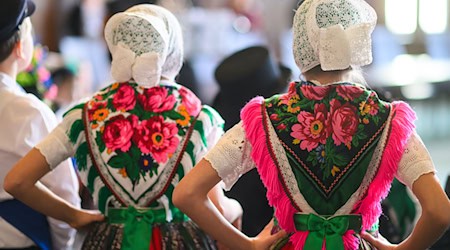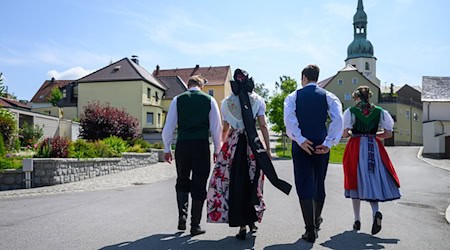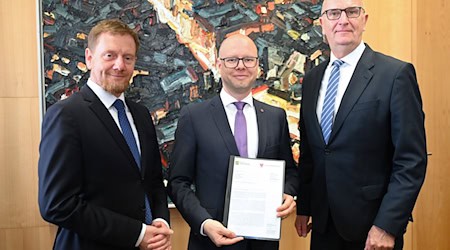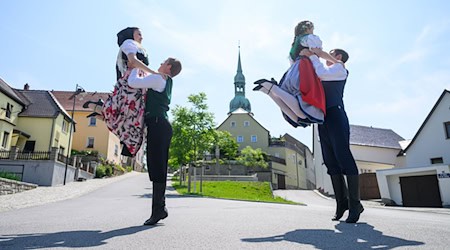In the opinion of the Serbski Sejm (Sorbian Parliament), the Sorbian people have no effective political representation in Germany. There is no framework that provides for or finances political representation of the Sorbs' interests, a spokesperson for the parliament said. This puts Germany in contradiction to its obligations under international law, according to which minorities must be able to exercise their own representative structures effectively and with institutional safeguards.
The parliament sees itself vindicated on this point due to a ruling by the Dresden Administrative Court - even if it lost the actual proceedings. The court found that there was no financial basis for an independent policy of the Sorbian people, the Sejm declared the following day. This also means that the funding for the Sorbs' association (Domowina) has no legal basis. This is because the Domowina sees itself as a political interest group.
Court does not rule in favor of the Sorbian Parliament
According to the ruling of the 7th Chamber of the Dresden Administrative Court, the Foundation of the Sorbian People is not obliged to grant annual funding of around 495,000 euros to the Serbski Sejm support association for the establishment of an office (case no. 7 K 935/22). The court dismissed the action brought by the association against the rejection of a corresponding application.
The Serbski Sejm had sued the foundation because it refused funding for the parliament. The foundation had pointed out that funding was only possible for purposes relating to the language, art and culture of the Sorbs. The political representation of interests sought by the parliament was not covered by this. The Serbski Sejm did not consider the rejection to be sufficiently justified and therefore appealed to the administrative court.
Court saw no entitlement to a new funding decision for the Sejm
However, the judges in Dresden were unable to follow the parliament's opinion and saw no entitlement to a new decision on the funding application. The foundation could rightly claim that the intended object of funding was not covered by its funding guidelines and was also not covered by the foundation's purpose, it said.
"The Dresden Administrative Court has made it clear: There is no legal basis and no funding opportunities for the political representation of the Sorbian people in Germany," the Sejm concluded. In its legal form as a non-profit association, the Domowina is not in a position to exercise political representation: "The state treats the Domowina as a political representation, although it may not and cannot be one."
The Sorbian Parliament was constituted in 2018. It strives for cultural autonomy in education and culture. Only just under 1,300 voters registered for the first election, compared to around 1,000 for the second parliamentary election in March of this year. This raised doubts about the legitimacy of the parliament in some places. Around 60,000 Sorbs and Wends live in Saxony and Brandenburg.
Copyright 2025, dpa (www.dpa.de). All rights reserved










